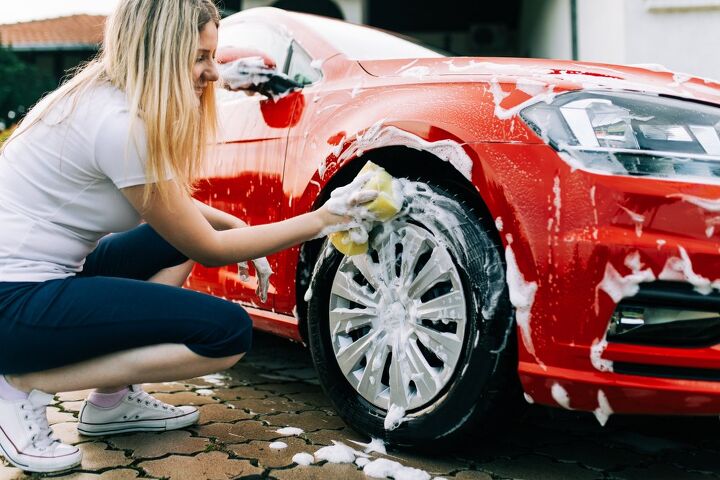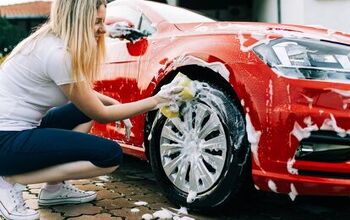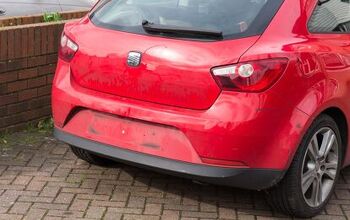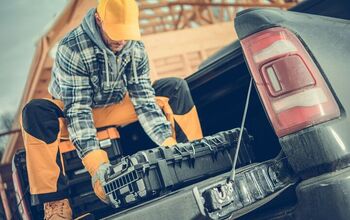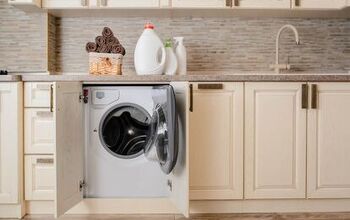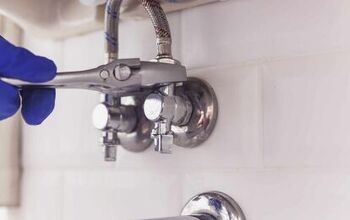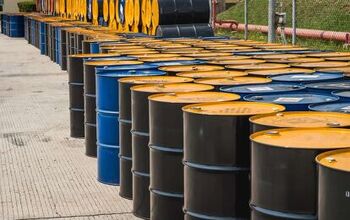Can You Wash Your Car In Your Driveway? (Find Out Now!)

Nowadays, it’s all about DIY. Why shouldn’t washing your car be included in this phenomenon? There’s something about the hands-on experience of washing your car in your driveway that feels gratifying.
Whether or not it’s legal to wash your car in your driveway depends on where you live. Even if you can, that doesn’t mean you should.
Washing your car in your driveway uses two times more water than a car wash. You send potentially harmful pollutants into the local sewer drains and risk scratching your car by reusing dirty sponges. The low water pressure of your garden hose won’t necessarily remove all the dirt from your car.
How Do I Know If I Can?
In order to find out if it’s legal to wash your car in your driveway, check with your local government officials. Each city or town has local ordinances for many different subjects. Washing your car in your driveway should be included among them.
You Can Wash Your Car, But Should You?
Let’s assume that you’re legally allowed to wash your car in your driveway. You may think it’s a green option to do the washing yourself. Maybe washing your car at home is a fun family activity. But it can actually do more harm than you think.
Uses More Water than a Car Wash
Here’s a not-so-fun fact: a typical garden hose produces water at a rate of 10 gallons per minute. The average time to wash your car at home is 20 minutes. These numbers are astounding!
In theory, you could run back and forth to turn the water on and off, but most people let the water run continuously. This means that washing your car at home uses two times more water than a car wash.
Not only does this add up on your water bill, but you’re actually wasting clean water in the process.
Wastes Water
In a car wash, the water used flows down their drains and gets recycled. There’s no conserving water when you wash your car in your driveway. The water flows down the nearest storm drain never to be heard from again.
You waste clean water by letting the hose run continuously. But you also send harmful pollutants down the drain and introduce them into the environment.
Pollutes the Environment
You’re not just washing your car in your driveway. All of the soap, oil, dirt, gasoline and other vehicle fluids run down the pavement and into the sewer drains. From there, it gets into the lakes, rivers, and streams.
The chemicals found in these pollutants harm wildlife and the environment. There’s also a risk of these pollutants getting into our drinking water and harming humans.
It’s unlikely that you’ll catch all the runoff water and test it to determine how to dispose of it. Car washes, however, do just that. They are mandated and regulated by the local government. Car washes must test their water regularly and dispose of any hazardous waste according to EPA guidelines.
How It Affects Your Car
Washing your car in the driveway isn’t great for the environment, but it’s not so great for your car either. Depending on the weather, you could be washing your car in an environment that creates soap scum build-up. In addition, you risk scratching your paint and may not get the car as clean as you think.
Low Water Pressure
Your garden hose can’t hold a candle to the water pressure of a car wash. A car wash uses such high water pressure because that’s what it takes to remove the dirt completely from your car.
The low water pressure from your hose won’t get off all the dirt. The remaining particles may scratch and damage your car. Not to mention you’ll have to wash it that much sooner.
Car Damage
Leftover dirt will scratch your car, but so will using a dirty sponge. Even if you rinse the sponge in soapy water every so often, dirt still clings to it.
Dirt is on the sponge and in the water. Then, you rub those tiny particles all over the surface of your car, which scratches the surface and damages the paint. The scratches might be minute and unseen at first, but eventually, your car will look dull.
Soap Build-Up
I don’t know about you, but I’d rather wash my car on a hot sunny day. It turns out this isn’t such a good idea. The sun dries the soap quickly, leaving a film on the surface—not to mention water spots. This dulls the shine of your car and isn’t so great for the paint either.
Alternatives to Driveway Car Washing
Instead of washing your car in the driveway, wash it on the grass or on gravel. When you wash your car on a hard surface, like a driveway or pavement, the water runs down to a drain. Grass and gravel catch the water run-off so you avoid sending it where it could do harm.
This option won’t save water or keep your car from getting scratched. For our eco-conscious friends, going to a car wash is the best option, hands down.
Related Questions
When should you not wash your car?
When washing your car at home, it’s recommended to avoid doing so when the temperature is below freezing. In this environment, you risk the water freezing directly on your car. You may also choose to wash your car on a cloudy day so the sun won’t bake the soap onto your car’s surface.
Can I wash my car at night?
Similar to washing your car on a cloudy day, washing your car at night reduces the risk of water spots or soap build-up. However, it’s also harder to see, so you may end up missing spots.
Summary
Whether or not you can wash your car in your driveway depends on your local government ordinances. If you’re legally allowed, know that washing your car in your driveway has its flaws. Not only do you risk damaging your car, but it’s not a very eco-friendly chore.

Brigid Levi is a wife, mother, and freelance writer who enjoys a good DIY project and creating beautiful spaces within her home. From cleaning and organization hacks to home decor ideas, she loves helping people in their quest to turn a house into a home. Her hobbies include pretending to be Joanna Gaines while updating her home with her husband and performing in local theater productions.
More by Brigid Levi



